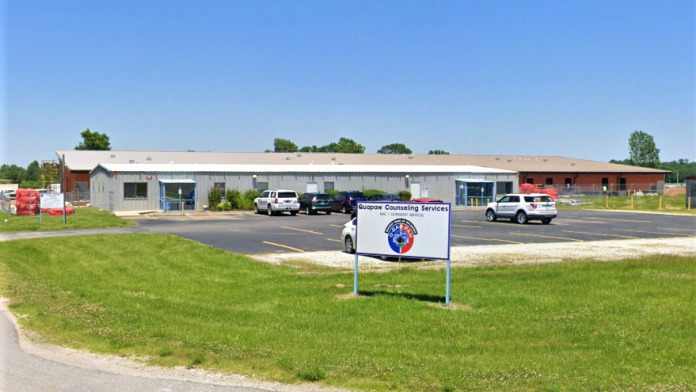I've been employed with Grand Mental Health for about 4 years. I've worked outpatient in Claremore, and now crisis in Pryor. It's a unique place to work with so many caring people with lots of recovery stories themselves and hearts that understand. I never see job postings i ...
About GRAND Mental Health Afton
Their 12 week IOP offers structured care for individuals living at home while in treatment. Clients benefit from group, individual, and family therapy utilizing their Living in Balance, Matrix Model, and Community Reinforcement Approach curriculums. They also offer peer support, case management, virtual services, and crisis services.
Outpatient care allows you to live at home while attending treatment. Grand Lake Mental Health Center has multiple outpatient programs to help individuals, parents, and youth achieve sobriety. Their Adolescent Community Reinforcement Approach (A-CRA) program serves youth and young adults ages 13-25. Their parenting program focuses on helping parents gain sobriety while rebuilding relationships.
Clients with severe opioid addictions often benefit from MAT in combination with other evidence based behavioral therapies. Addiction specialists administer medications to help clients overcome cravings and withdrawal symptoms, promoting long term recovery.
Grand Lake Mental Health Center accepts BlueCross BlueShield, Beacon, Humana, Medicaid, Medicare, SoonerCare, and HealthChoice/PSI. Be sure to consult your insurance provider for precise coverage details, as out-of-network benefits often differ.
Latest Reviews
- GLMHC Staff
Rehab Score
Gallery
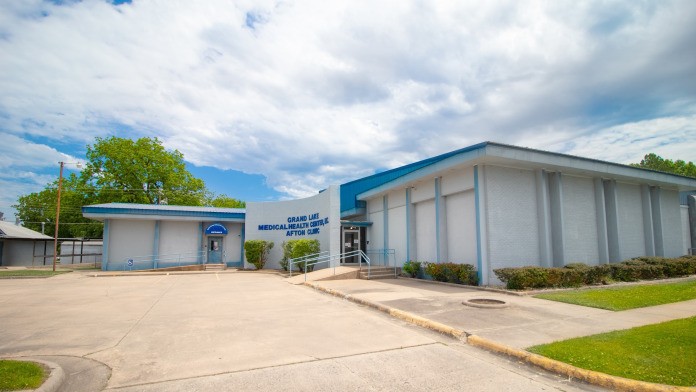
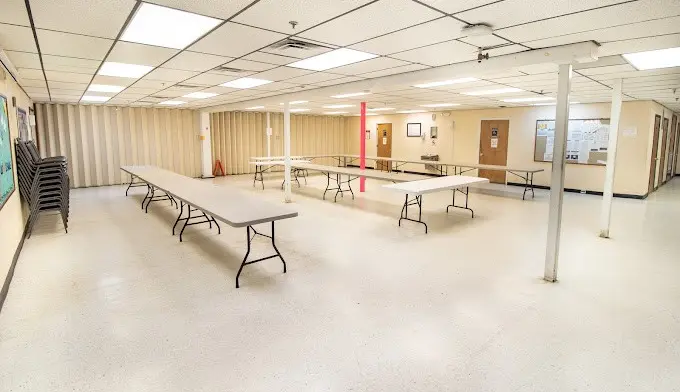
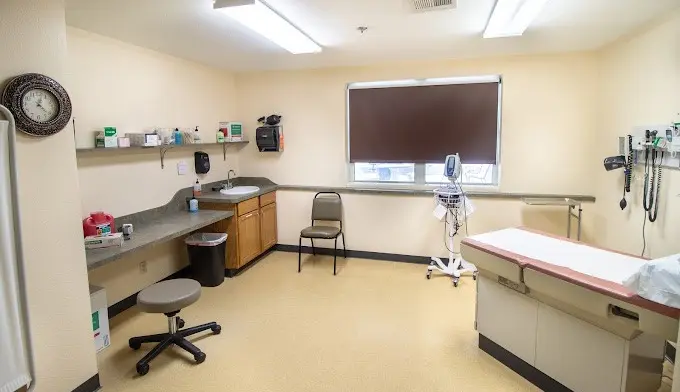
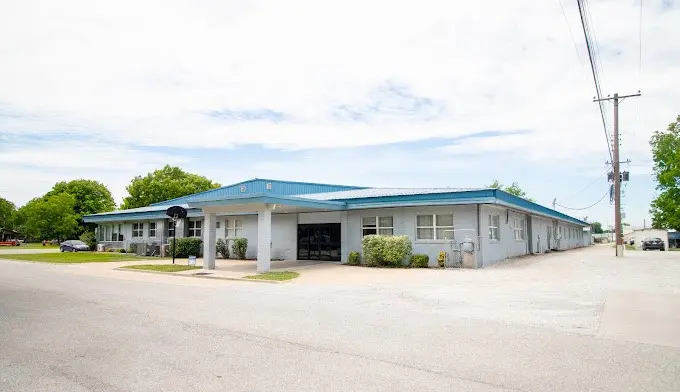
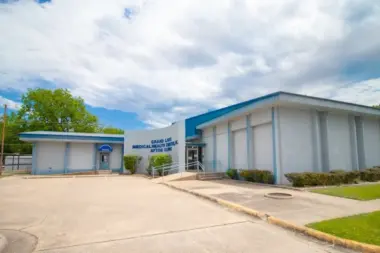
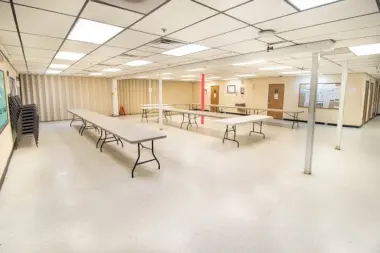
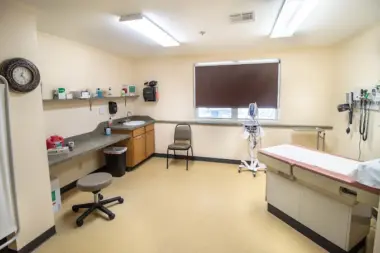
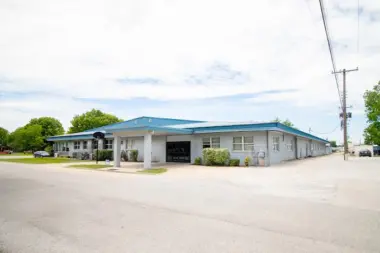
Accepted Insurance
Other Forms of Payment
Private insurance refers to any kind of healthcare coverage that isn't from the state or federal government. This includes individual and family plans offered by an employer or purchased from the Insurance Marketplace. Every plan will have different requirements and out of pocket costs so be sure to get the full details before you start treatment.
Self-pay involves paying for treatment out of your own pocket. You can use savings or credit, get a personal loan, or receive help from family and friends to fund your treatment. If you don't have insurance or your insurance plan doesn't cover a specific program, self-pay can help ensure you still get the care you need.
Medicare is a federal program that provides health insurance for those 65 and older. It also serves people under 65 with chronic and disabling health challenges. To use Medicare for addiction treatment you need to find a program that accepts Medicare and is in network with your plan. Out of pocket costs and preauthorization requirements vary, so always check with your provider.
Medicaid is a state based program that helps lower-income individuals and families pay for healthcare. Medicaid covers addiction treatment so those enrolled can use their coverage to pay for rehab. When a program accepts Medicaid the client often pays very little or nothing out of their own pocket.
Addiction Treatments
Levels of Care
Outpatient Programs (OP) are for those seeking mental rehab or drug rehab, but who also stay at home every night. The main difference between outpatient treatment (OP) and intensive outpatient treatment (IOP) lies in the amount of hours the patient spends at the facility. Most of the time an outpatient program is designed for someone who has completed an inpatient stay and is looking to continue their growth in recovery. Outpatient is not meant to be the starting point, it is commonly referred to as aftercare.
Inpatient rehabs provide extra support for clients in early recovery and those at a high risk of relapse. They allow clients to focus on their sobriety safe from outside distractions, stressors, and addiction triggers. Clients reside at the treatment center for the length of their program, where they receive extensive addiction counseling, including individual, group, and family therapy. Many programs also offer robust life skills training and holistic therapies, such as meditation.
Clients participating in an intensive outpatient program (IOP) receive frequent, high-level care while living at home. Many enter intensive outpatient treatment immediately after leaving inpatient rehab, but some transition directly from detox into IOP. Treatment generally involves nine to 20 therapeutic hours per week and a combination of addiction counseling, recovery-focused life skills training, and evidence-based complementary care. Many outpatient rehabs also offer medication assisted treatment (MAT) for clients with alcohol and/or opioid addiction.
Each sober living home in Oklahoma is a substance-free environment where residents can get support from others who are in recovery. Intensive treatment is not provided, but recovery meeting attendance is typically required. Residents must also maintain household duties and pay rent. There is no time limit for how long residents can stay, as long as they continue to abide by the established halfway house rules.
A drug intervention in Oklahoma can be an effective tool for a loved one who's struggling with alcohol and drug addiction. Intervention services include trained interventionists to help families plan and carry out an intervention with their loved one. It is often helpful to involve a non-partial expert in this highly emotional process. The interventionist provides expert insight and can recommend the best course of treatment for the individual and family.
A partial hospitalization program (PHP) is ideal for those with moderate to severe addictions who don't require 24-hour care. PHP treatment can be an alternative to inpatient hospitalization or a step-down option after hospital or residential care. During a partial hospitalization program, you'll engage in daily therapeutic services for a minimum of 20 hours a week with the ability to return home. The cost of a partial hospitalization program can vary but is often covered by providers.
The safest way to remove addictive substances from your body after you've become physically dependent is through a medically assisted detox. Usually performed in an inpatient setting, a team of licensed medical professionals are tasked with monitoring your health and helping to minimize the risks and physical discomfort caused by withdrawal symptoms. Medically assisted detox is often the first step in the recovery process. After your body is safely free of substances, you'll likely transition to an inpatient treatment program to continue your recovery.
Treatments
Many of those suffering from addiction also suffer from mental or emotional illnesses like schizophrenia, bipolar disorder, depression, or anxiety disorders. Rehab and other substance abuse facilities treating those with a dual diagnosis or co-occurring disorder administer psychiatric treatment to address the person's mental health issue in addition to drug and alcohol rehabilitation.
Mental health rehabs focus on helping individuals recover from mental illnesses like bipolar disorder, clinical depression, anxiety disorders, schizophrenia, and more. Mental health professionals at these facilities are trained to understand and treat mental health issues, both in individual and group settings.
Programs
Adult rehab programs include therapies tailored to each client's specific needs, goals, and recovery progress. They are tailored to the specific challenges adult clients may face, including family and work pressures and commitments. From inpatient and residential treatment to various levels of outpatient services, there are many options available. Some facilities also help adults work through co-occurring conditions, like anxiety, that can accompany addiction.
Young adulthood can be an exciting, yet difficult, time of transition. Individuals in their late teens to mid-20s face unique stressors related to school, jobs, families, and social circles, which can lead to a rise in substance use. Rehab centers with dedicated young adult programs will include activities and amenities that cater to this age group, with an emphasis on specialized counseling, peer socialization, and ongoing aftercare.
Clinical Services
Cognitive Behavioral Therapy (CBT) is a therapy modality that focuses on the relationship between one's thoughts, feelings, and behaviors. It is used to establish and allow for healthy responses to thoughts and feelings (instead of unhealthy responses, like using drugs or alcohol). CBT has been proven effective for recovering addicts of all kinds, and is used to strengthen a patient's own self-awareness and ability to self-regulate. CBT allows individuals to monitor their own emotional state, become more adept at communicating with others, and manage stress without needing to engage in substance abuse.
Group therapy is any therapeutic work that happens in a group (not one-on-one). There are a number of different group therapy modalities, including support groups, experiential therapy, psycho-education, and more. Group therapy involves treatment as well as processing interaction between group members.
In individual therapy, a patient meets one-on-one with a trained psychologist or counselor. Therapy is a pivotal part of effective substance abuse treatment, as it often covers root causes of addiction, including challenges faced by the patient in their social, family, and work/school life.
Trauma therapy addresses traumatic incidents from a client's past that are likely affecting their present-day experience. Trauma is often one of the primary triggers and potential causes of addiction, and can stem from child sexual abuse, domestic violence, having a parent with a mental illness, losing one or both parents at a young age, teenage or adult sexual assault, or any number of other factors. The purpose of trauma therapy is to allow a patient to process trauma and move through and past it, with the help of trained and compassionate mental health professionals.
Whether a marriage or other committed relationship, an intimate partnership is one of the most important aspects of a person's life. Drug and alcohol addiction affects both members of a couple in deep and meaningful ways, as does rehab and recovery. Couples therapy and other couples-focused treatment programs are significant parts of exploring triggers of addiction, as well as learning how to build healthy patterns to support ongoing sobriety.
Research clearly demonstrates that recovery is far more successful and sustainable when loved ones like family members participate in rehab and substance abuse treatment. Genetic factors may be at play when it comes to drug and alcohol addiction, as well as mental health issues. Family dynamics often play a critical role in addiction triggers, and if properly educated, family members can be a strong source of support when it comes to rehabilitation.
Nutrition therapy teaches you the importance of nutrition in recovery and overall health. You'll learn healthy ways to eat, which gives you the energy and strength that are essential for recovery. This treatment may involve training in grocery shopping and meal preparation.
Nicotine Replacement Therapy (NRT) is a way of getting nicotine into the bloodstream without smoking. It uses products that supply low doses of nicotine to help people stop smoking. The goal of therapy is to cut down on cravings for nicotine and ease the symptoms of nicotine withdrawal.
Staff & Accreditations
Staff
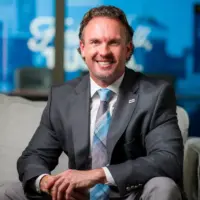
Josh Cantwell
CEO

Lissa James
Chief Continuous Quality Improvement Officer

Trica Walters
Chief Human Resources Officer

Rony Gadiwalla
CIO
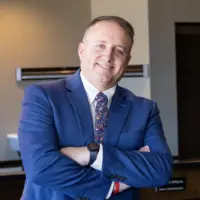
Jared Sawyer
CFO
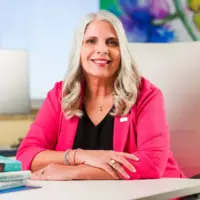
Donna Aultz
Chief Facilities And Maintenance Officer
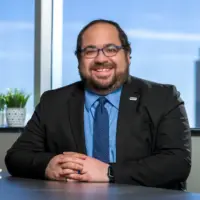
Nicholas Allgood
Chief Clinical Officer-Crisis Services
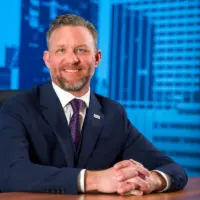
Jeff Harlin
Chief Administrative Officer-Tulsa
Accreditations

The Commission on Accreditation of Rehabilitation Facilities (CARF) is a non-profit organization that specifically accredits rehab organizations. Founded in 1966, CARF's, mission is to help service providers like rehab facilities maintain high standards of care.
CARF Accreditation: Yes
Contact Information
138 South Main Street
Afton, OK 74331



